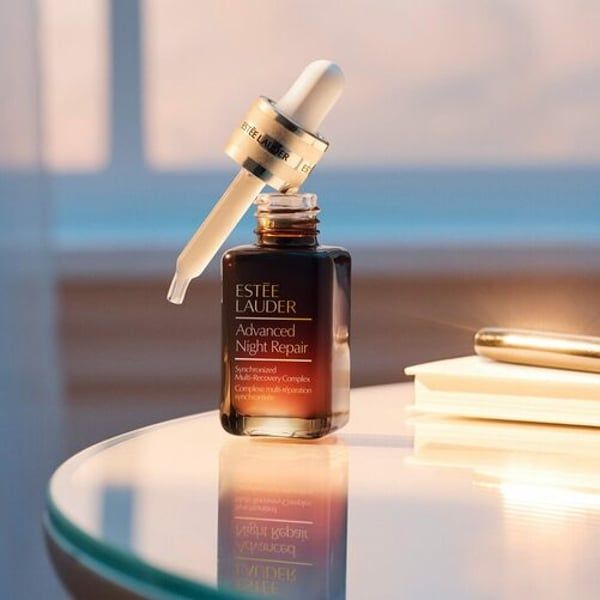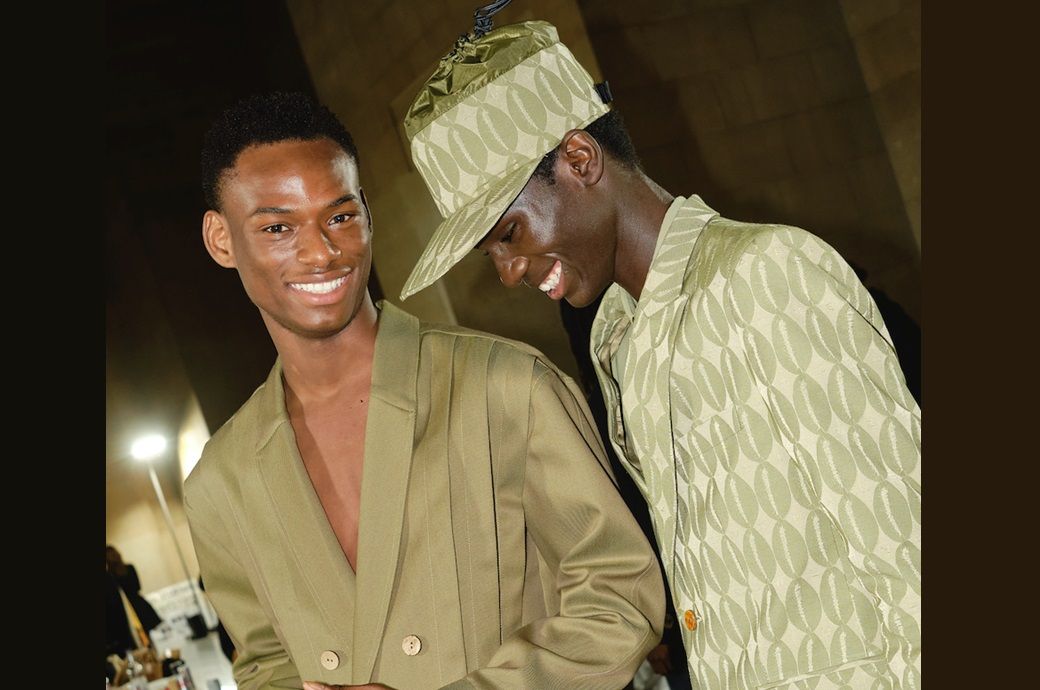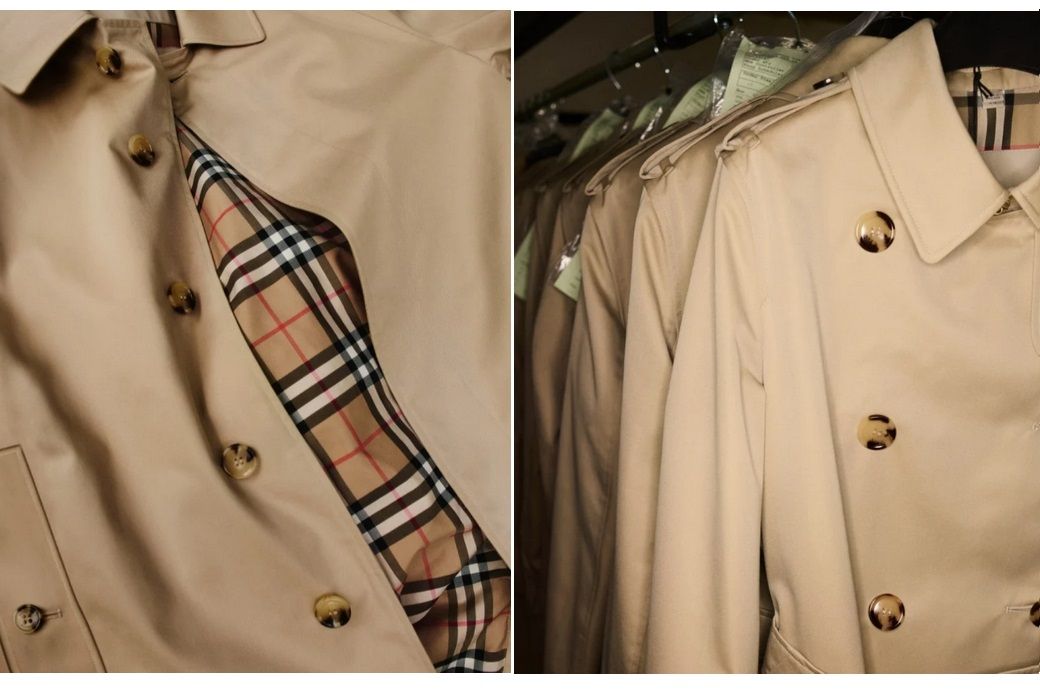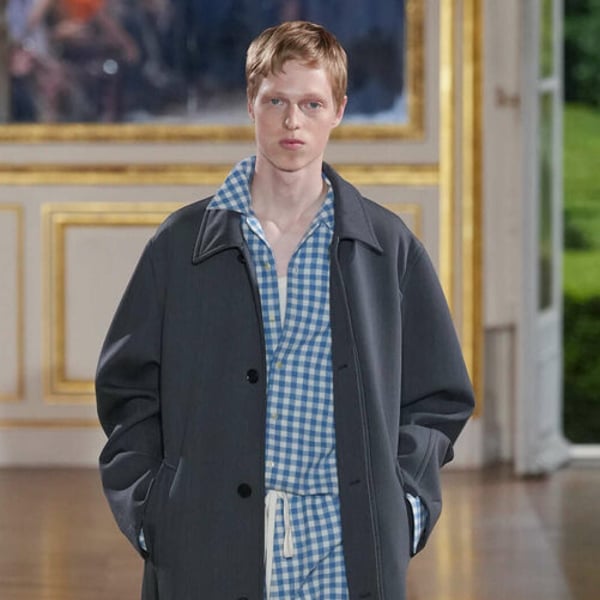Estee Lauder and several of its well-known cosmetics brands on Wednesday dodged a proposed class-action lawsuit that claimed its virtual “try-on” tool violates Illinois' biometric privacy law, after a judge said the plaintiffs failed to provide proof of that the company could connect facial treatments. scans customers' identities.
U.S. District Judge Lindsay Jenkins in Chicago granted Estee Lauder Companies' motion to dismiss the lawsuit, filed under a strict Illinois biometric privacy law that sets standards for companies that collect and store information such as retinal scans, facial geometry and fingerprints. The judge's decision said customers could file an amended complaint.
The lawsuit accused Estee Lauder and its brands Bobbi Brown, Smashbox and Too Faced of failing to warn customers that their biometric information would be collected when they used tools on the companies' websites that allow people to submit a photo or use a camera. live to practically “try on” cosmetics. The lawsuit also names Perfect Corp, a Taiwanese company that makes the technology in question.
Jenkins said the four clients who sued had not shown how Estee Lauder could connect facial scans collected by virtual testing devices to a person's real identity. He also dismissed Perfect from the lawsuit, saying the company lacked sufficient ties to Illinois to be sued there.
Representatives for clients Estee Lauder and Perfect did not immediately respond to requests for comment.
Illinois' unique Biometric Information Privacy Act provides a private right of action to sue for mishandling of biometric information. It has spurred thousands of lawsuits and several major settlements and judgments, including a 2020 settlement in which Meta Platforms' Facebook agreed to pay $650 million to settle a BIPA class action lawsuit related to its use of facial recognition software. The company denied any wrongdoing.
Copyright © 2024 FashionNetwork.com All rights reserved.












